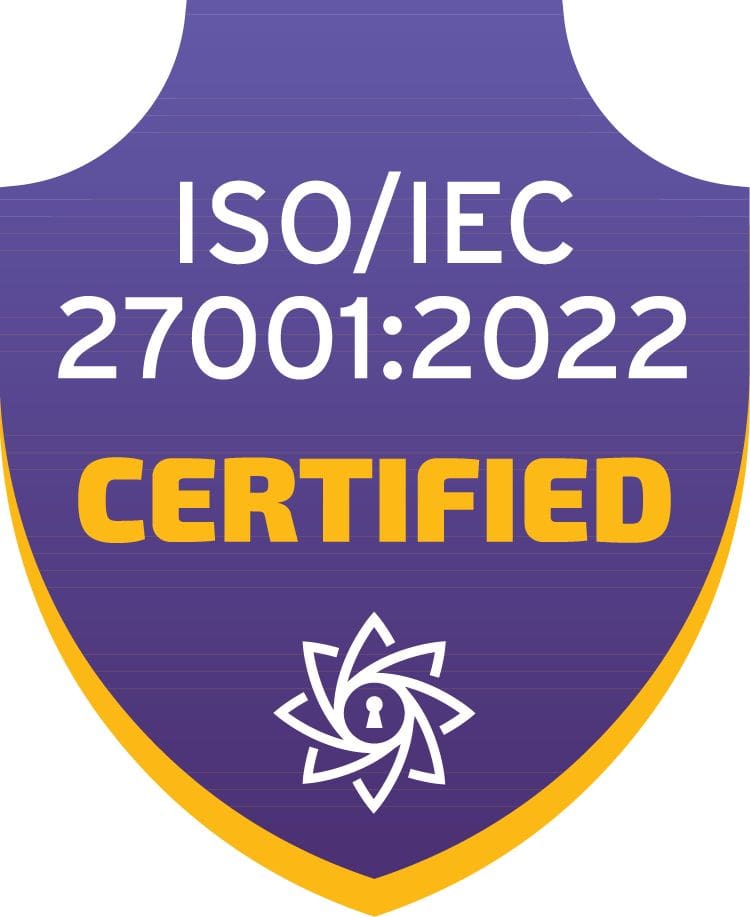OQC’s latest milestone,ISO/IEC 27001:2022 certification,signals more than a bureaucratic checkmark. It is a public declaration that the company’s quantum‑computing platform is built on a foundation of rigorous information‑security practices, a prerequisite for the sensitive sectors it serves. In a landscape where quantum processors promise breakthroughs in optimisation, cryptography, and simulation, the assurance that data and intellectual property remain protected is as critical as the hardware itself.
Securing the Quantum Frontier
ISO/IEC 27001 is the international benchmark for information‑security management systems. Achieving the 2022 version means OQC has documented policies, risk‑management procedures, and continuous monitoring mechanisms that align with the latest cyber‑security threats. The certification process requires independent audits that evaluate controls over physical security, network architecture, access management, and incident response. For a quantum‑computing firm, this translates into hardened cryogenic facilities, isolated quantum nodes, and encrypted channels that carry the fragile qubits and the data they process. By embedding these safeguards into every layer,from the superconducting chips to the cloud interfaces,OQC demonstrates that quantum advantage can coexist with the strict compliance demands of finance, defence, energy, and life sciences.
The certification also serves as a signal to investors and partners that OQC is prepared for the regulatory scrutiny that accompanies the deployment of quantum technology. In the financial sector, where algorithmic trading and risk modelling rely on massive data sets, the ISO 27001 framework provides a roadmap for safeguarding client information while exploiting quantum speedups. In defence, the standard offers confidence that classified simulations and secure communications can be run on OQC’s infrastructure without compromising national security.
Quantum Applications Across Sectors
OQC’s portfolio showcases how quantum computing can deliver tangible benefits across diverse industries, all while adhering to the stringent security protocols established by ISO/IEC 27001. In finance, the company partners with a leading asset‑management firm to run portfolio optimisation algorithms that evaluate thousands of risk scenarios in seconds, a task that would take classical processors days to complete. The results inform real‑time hedging strategies, reducing exposure to market volatility.
In defence, OQC’s quantum simulators model complex electromagnetic environments, enabling the design of stealthier aircraft and more resilient communication networks. The simulations incorporate encrypted data streams, ensuring that sensitive design parameters remain confidential even when shared across international defence laboratories.
The energy sector benefits from OQC’s quantum optimisation tools that streamline grid management. By analysing consumption patterns and renewable output, the platform identifies optimal load‑balancing strategies, reducing waste and lowering carbon footprints. Here, ISO‑compliant data handling ensures that proprietary grid information does not leak to competitors or malicious actors.
Life sciences researchers use OQC’s quantum chemistry modules to simulate protein folding and drug‑target interactions at an unprecedented scale. The platform’s secure environment protects intellectual property and complies with stringent regulatory standards governing clinical research data.
Across all these use cases, OQC’s certification guarantees that the same rigorous security measures protect the quantum hardware, the software stack, and the data it processes. This consistency is essential for building trust with clients who operate under strict regulatory regimes.
Building Trust in a Quantum World
Beyond technical prowess, OQC’s achievement reflects a broader industry trend: the convergence of cutting‑edge technology with mature governance frameworks. The company’s leadership, led by Head of IT Richard Bowman, credits a multidisciplinary team,including security specialists, IT engineers, legal counsel, and people managers,for the certification. Their collaborative approach illustrates that quantum innovation cannot be isolated from organisational culture; it requires a holistic ecosystem that values transparency, accountability, and continuous improvement.
The certification also positions OQC as a benchmark for competitors. As quantum providers race to commercialise their solutions, the ability to demonstrate compliance with international security standards will become a differentiator. Clients will increasingly look for partners who can guarantee that their data remains secure during quantum‑accelerated computations, especially when the stakes involve national security or patient safety.
Looking ahead, OQC’s ISO/IEC 27001:2022 certification lays the groundwork for future regulatory developments. Governments worldwide are drafting quantum‑ready frameworks that will mandate security controls for quantum infrastructure. By already meeting the 2022 standard, OQC is ahead of the curve, ready to adapt to evolving compliance landscapes without disrupting service delivery.
Concluding Insight
OQC’s ISO certification is more than a compliance milestone; it is a strategic statement that quantum computing can be both transformative and trustworthy. By embedding rigorous security into every layer of its platform, the company offers a blueprint for how emerging technologies can meet the demands of regulated industries. As quantum processors edge closer to widespread adoption, organisations that invest in both technical capability and robust governance will be best positioned to reap the benefits while safeguarding the data that fuels them.

